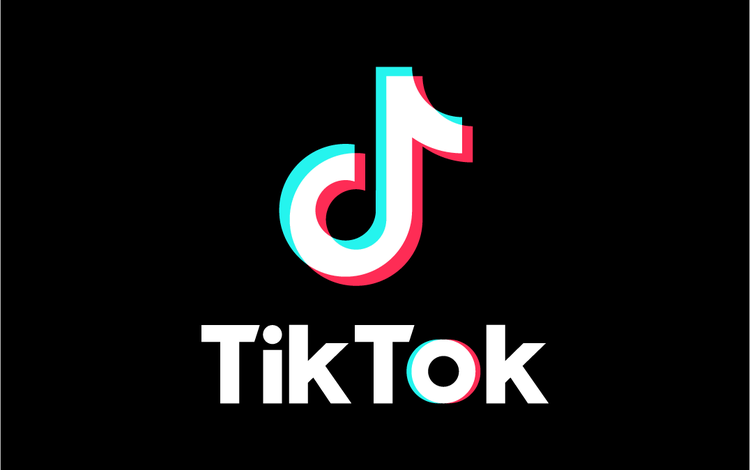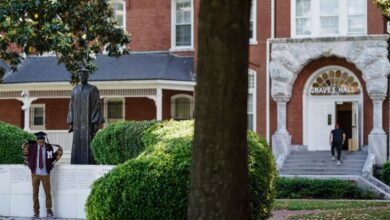Balancing Act: Legal Scholars Weigh in on TikTok’s Free Speech Defense Amid Regulation Debates

Thank you for that clarification, Paulette. Here’s an overview of the current discussion around TikTok’s free speech argument, which is gaining traction among legal scholars.
TikTok has recently been at the center of a heated debate regarding free speech and regulation on digital platforms, and its defense is now finding support among various legal scholars. The crux of TikTok’s argument is that, as a platform, it facilitates a wide range of expressive content and therefore warrants protection under the First Amendment of the U.S. Constitution. This argument becomes particularly poignant in light of various governmental bodies in the U.S. considering bans or severe restrictions on the app due to national security concerns linked to its Chinese parent company, ByteDance.
Key Points Supported by Legal Scholars:
- First Amendment Protections: Legal experts argue that TikTok, like other social media platforms, should be considered a public forum that supports free expression. Therefore, any actions to ban the platform could be seen as a violation of free speech rights.
- Precedent and Policy: Scholars point to precedents where the courts have protected the rights of platforms to host third-party content without undue government interference. They warn that a ban on TikTok could set a concerning precedent for similar actions against other platforms.
- International Implications: The debate extends beyond U.S. borders, with implications for how democratic societies balance national security with free speech. Legal scholars emphasize the need for a globally consistent and transparent approach to regulating platforms that host user-generated content.
- Economic and Social Impact: Experts also highlight the potential economic and social repercussions of banning TikTok, noting its significant role in digital marketing, entertainment, and community building for millions of users.
- Technological Solutions: Some legal scholars suggest that concerns regarding data security and foreign influence could be addressed through technological and regulatory measures rather than outright bans, advocating for a more nuanced approach.
This discussion among legal scholars not only supports TikTok’s stance but also underscores the complexities of governing digital spaces in the 21st century. As this debate continues, it remains a pivotal example of the ongoing tension between national security and free speech in the digital era.





